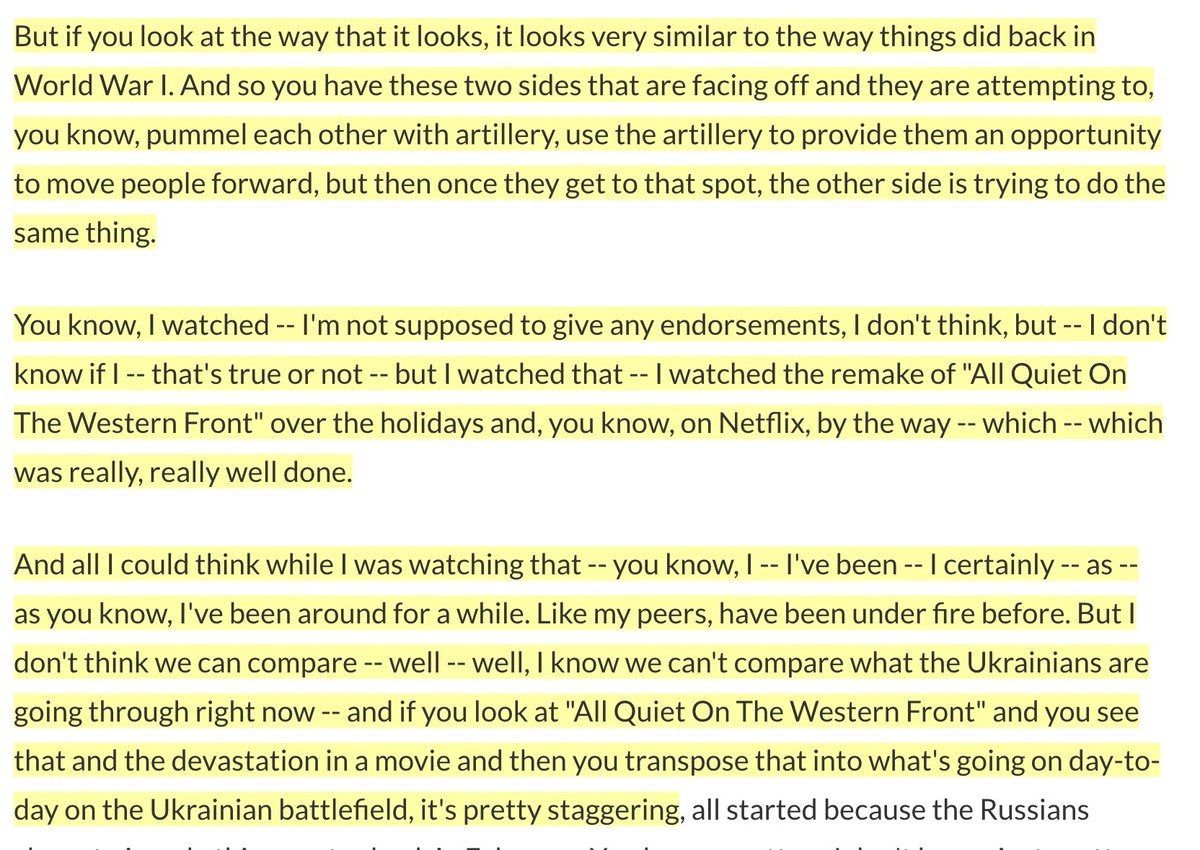First Trump refused to comment about Navalny. Now White House spokesperson @kayleighmcenany bends over backwards to avoid talking about a possible US response (eg new sanctions). #NobodysBeenTougher
cc: @michaelcrowley
cc: @michaelcrowley

The White House response is at odds with Pompeo's suggestion that US will respond after "all facts are available" (presumably he's referring to ongoing work by OPCW) in interview with @Bild. Whom to believe? bild.de/politik/auslan… 

It hasn't got much attention (yet), but in the end, the President is required by the CBW Control and Warfare
Elimination Act of 1991 to make a formal determination whether Russia is responsible for use of chemical weapons in the Navalny attack.
Elimination Act of 1991 to make a formal determination whether Russia is responsible for use of chemical weapons in the Navalny attack.
At that point the Secretary of State will have to make a decision about a preliminary set of sanctions from a set of options laid out in the legislation. The timing for that decision is not fixed ("forthwith") and there's a national security waiver.
After after 3 months, the Secretary of State is required to assure Congress whether Russia has provided assurances that Russia is no longer using such weapons and promised not to do so again. The administration is then required to pick sanctions from a pre-determined list.
The Trump administration dragged out the process after the Skripal attack and ultimately opted for a wimpy set of sanctions. But more specific questions about responding to the #Navalny attack need to be put to them now. (More details here: fas.org/sgp/crs/row/IF…) END
• • •
Missing some Tweet in this thread? You can try to
force a refresh
















